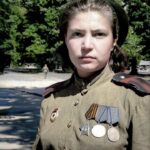
Spring 1944—As the Soviet Red Army advanced westward in its relentless push against Nazi forces, Roza Rubanenko, a 20-year-old combat medic in the 105th Guards Rifle Regiment, braced herself for one of the most grueling battles of her service.
The fighting had reached the banks of the Bug River, a vital natural barrier separating Soviet-controlled territories from Nazi-occupied lands. The Germans, determined to hold their positions, turned the river into a death trap, unleashing artillery and machine-gun fire on Soviet troops attempting to cross. Amid this chaos, Roza’s role was not to fight but to save—an equally dangerous mission. Under relentless fire, she sprinted across the battlefield, retrieving wounded soldiers and carrying them to safety.
Her uniform, already dirtied from previous engagements, was soon soaked in blood and mud, but she never wavered. With every trip back to the front, she risked her own life, dodging bullets and shrapnel to ensure that her comrades had a chance to survive. Over the course of the battle, she saved 20 wounded men, carrying not only their bodies but also their rifles—knowing that in this brutal war, every weapon mattered.
By the summer of 1944, the Soviet counteroffensive had gained momentum, and Roza’s heroism did not go unnoticed. For her extraordinary courage on the Bug River, she was awarded the Order of Glory III degree, a prestigious decoration given to non-commissioned officers and enlisted personnel who demonstrated exceptional bravery in combat. Unlike many battlefield commendations that were posthumous, Roza lived to wear hers with pride—a rare distinction among frontline medics, whose casualty rates were among the highest in the Red Army. Yet despite the honor, she remained humble, knowing that her duty was far from over. The Eastern Front was unforgiving, and Soviet forces still faced ferocious German resistance as they pressed toward Poland and beyond. Roza continued her service, tending to the wounded on the blood-soaked fields of Eastern Europe, witnessing firsthand the horrors of war and the price of liberation. For her, there was no greater reward than seeing a soldier she had saved return to battle, armed not only with a rifle but with the determination to see the war to its end.
By 1945, as the Red Army stormed into Berlin, Roza had fulfilled her duty in one of history’s most devastating conflicts. She had been a witness to both the worst of human suffering and the resilience of those who fought for survival. After the war, like many Soviet veterans, she returned to a nation that celebrated its heroes but also bore deep scars from years of war. The Soviet Union had lost over 26 million people, and every survivor carried the weight of that sacrifice. Roza, though forever marked by what she had seen and done, was a symbol of quiet strength—one of countless women who had defied expectations and played a critical role in the Soviet war effort.
Her story, like that of many frontline medics, was often overshadowed by tales of generals and tank commanders. Yet in the chaos of battle, it was people like her—young, fearless, and selfless—who ensured that wounded soldiers lived to fight another day, shaping the course of history with every life they saved.
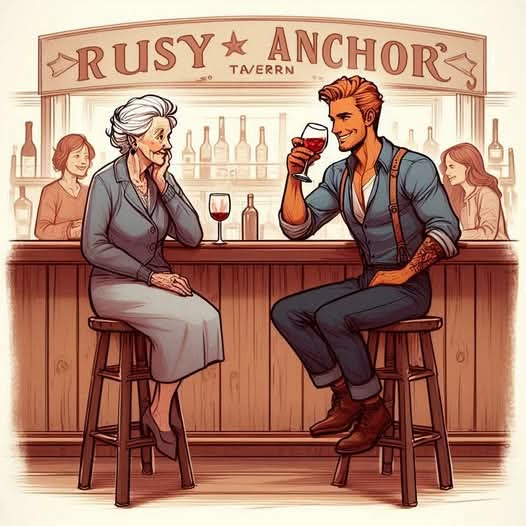
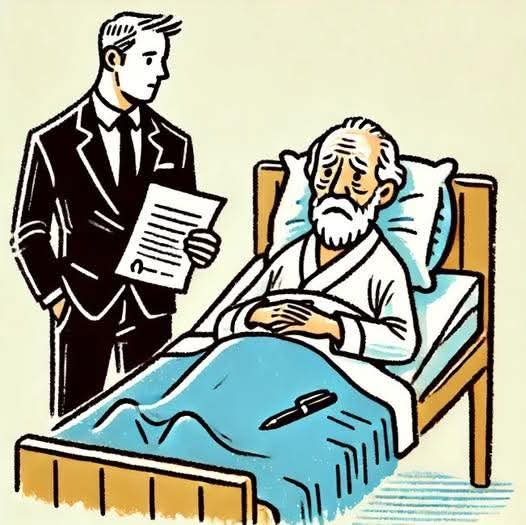

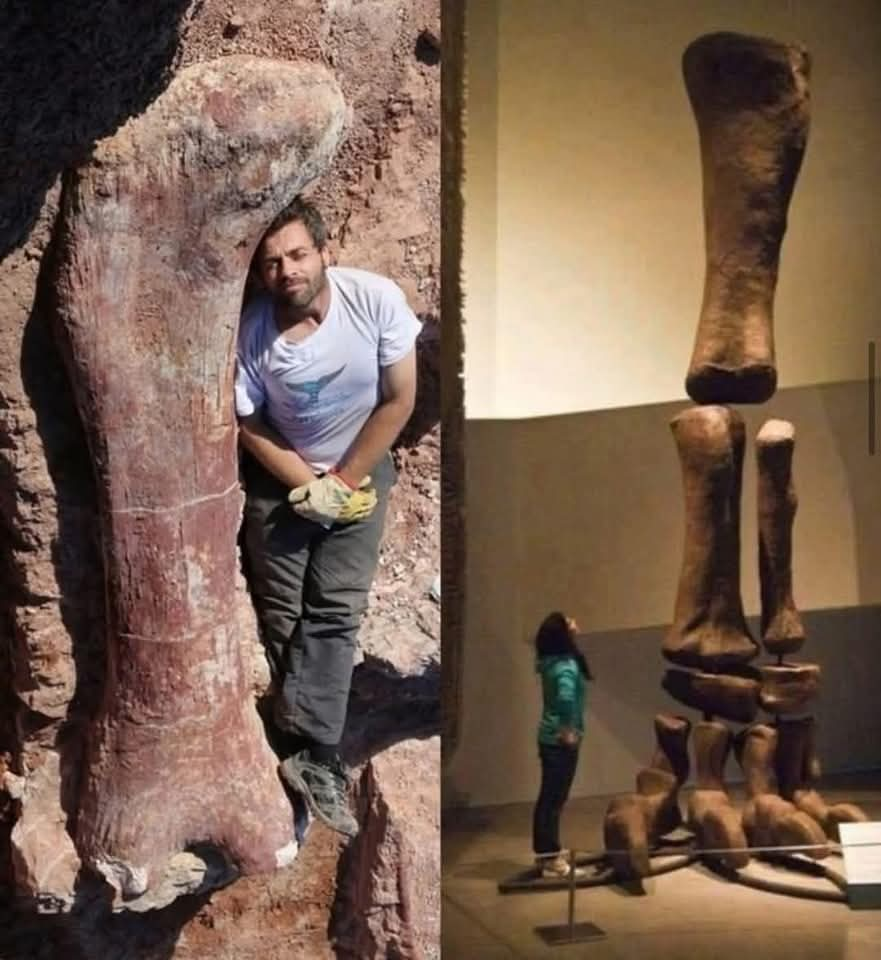
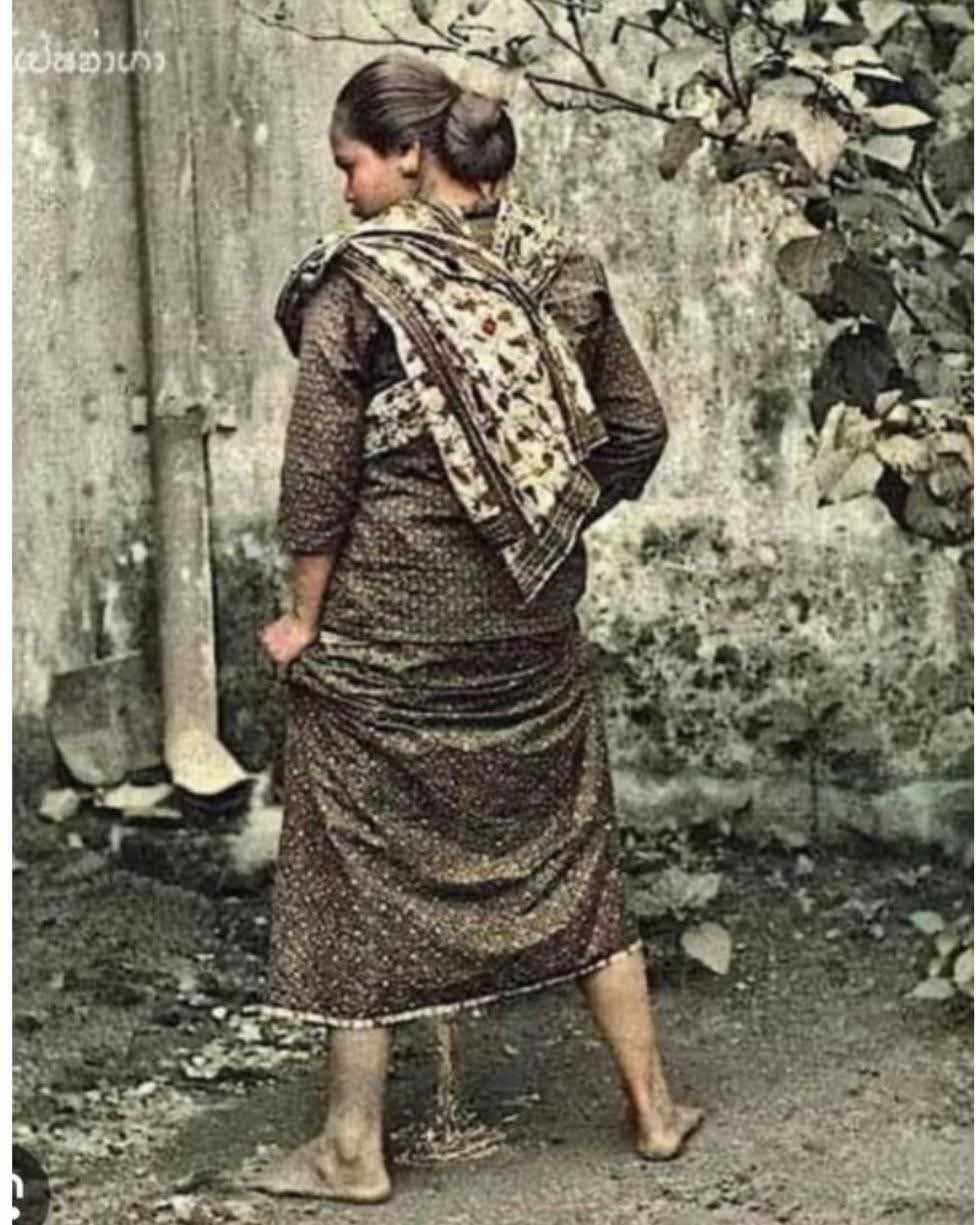
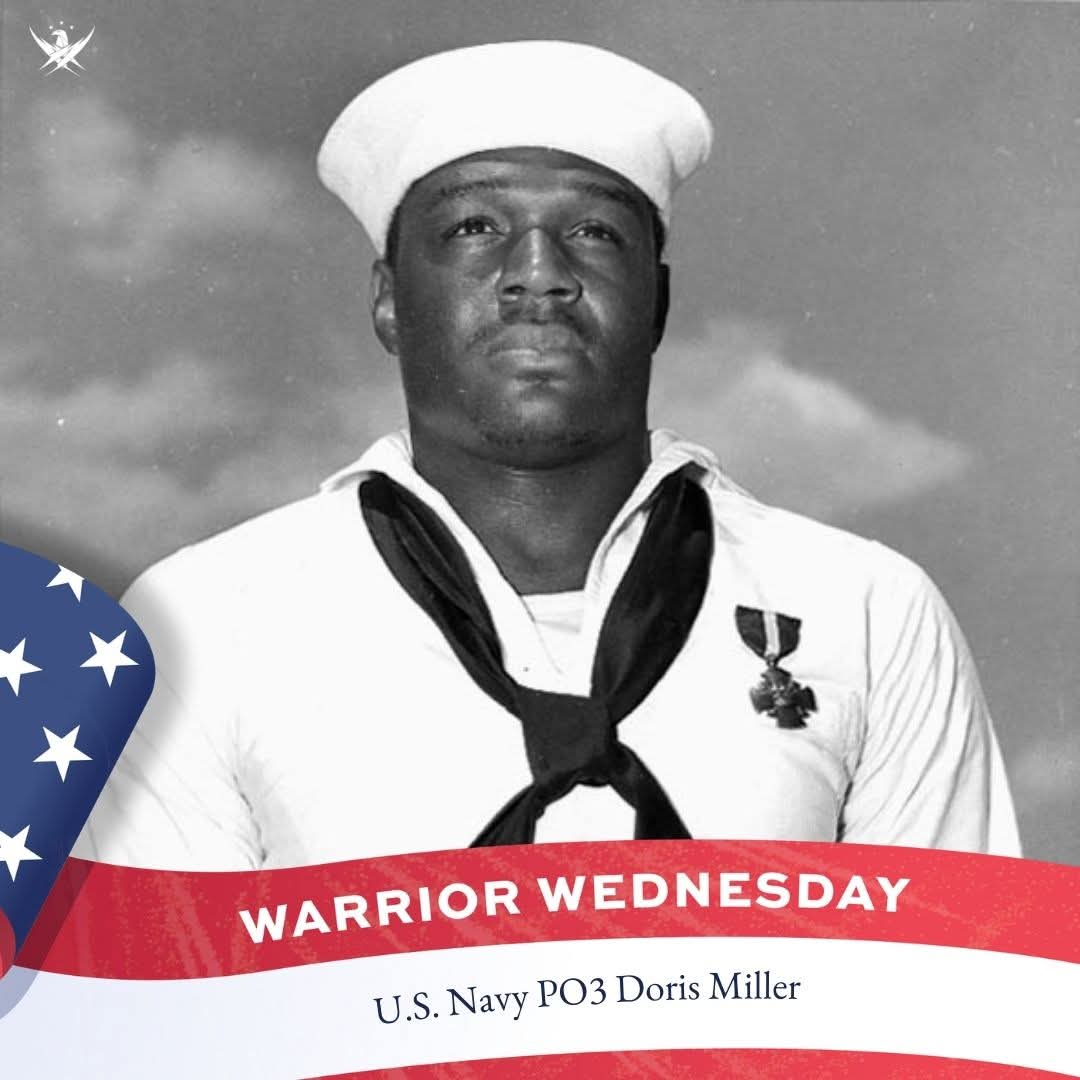
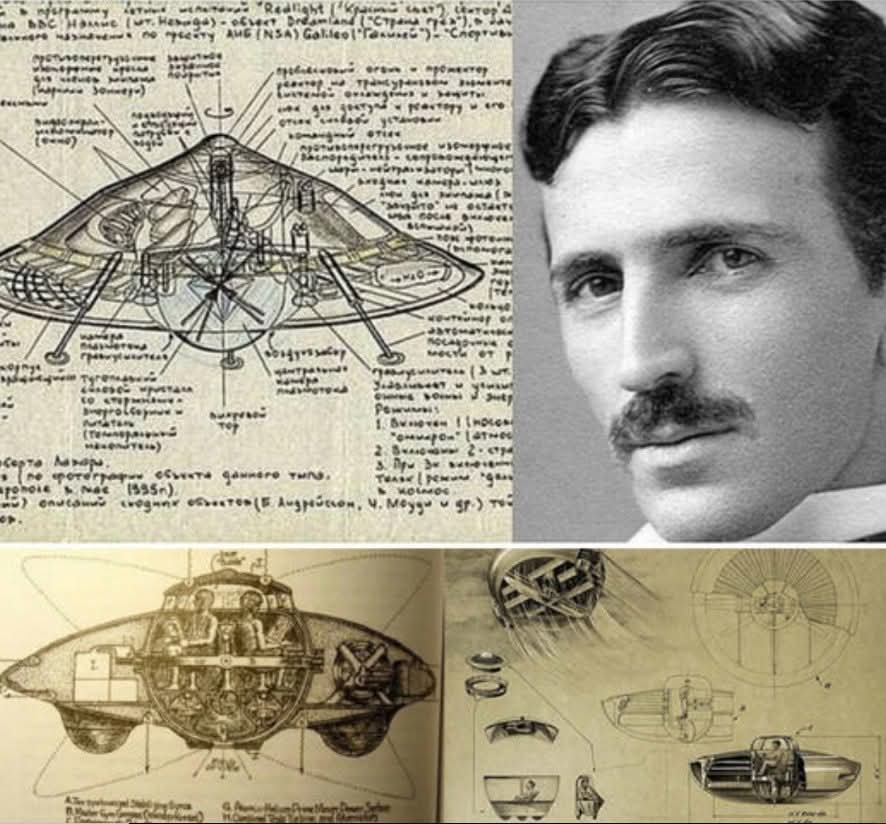
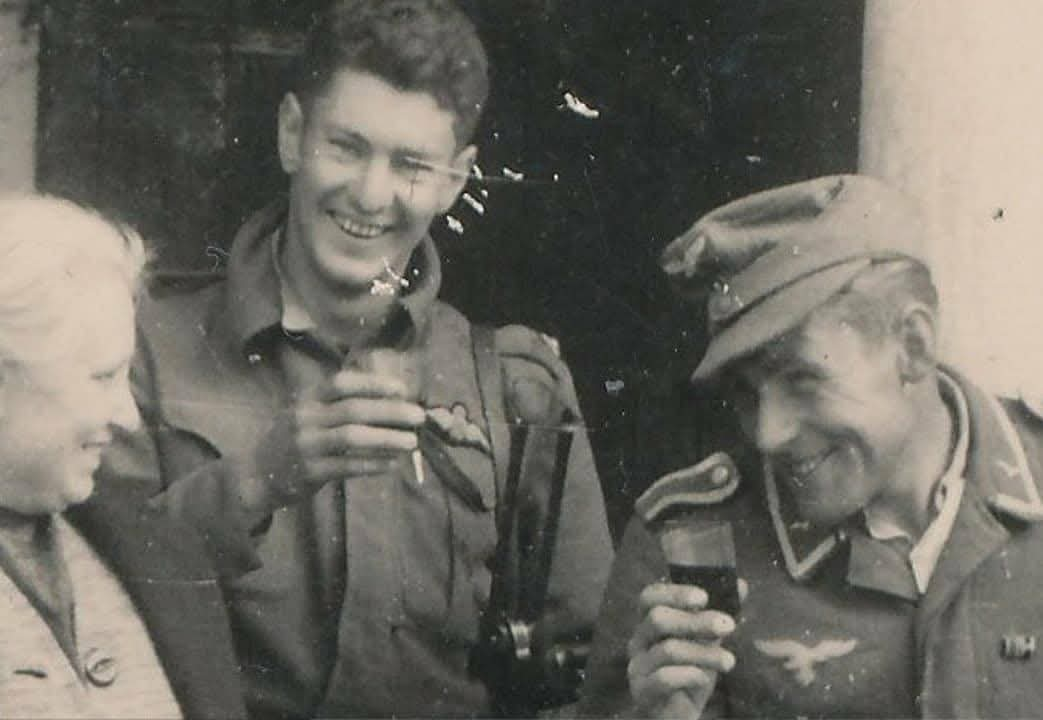
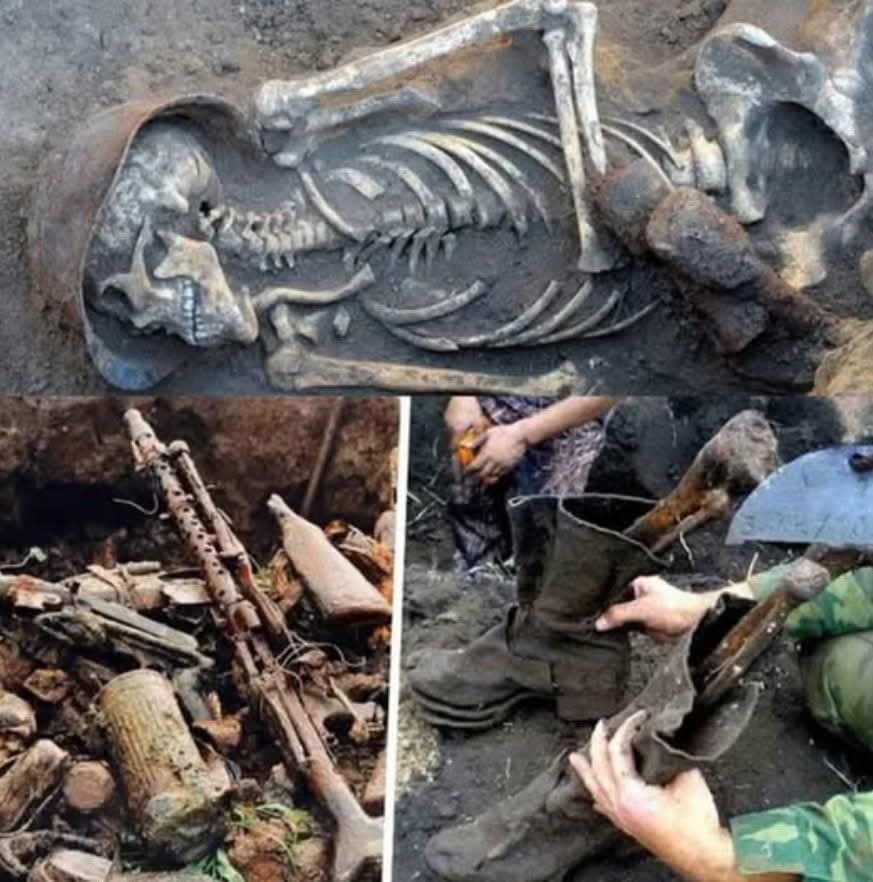
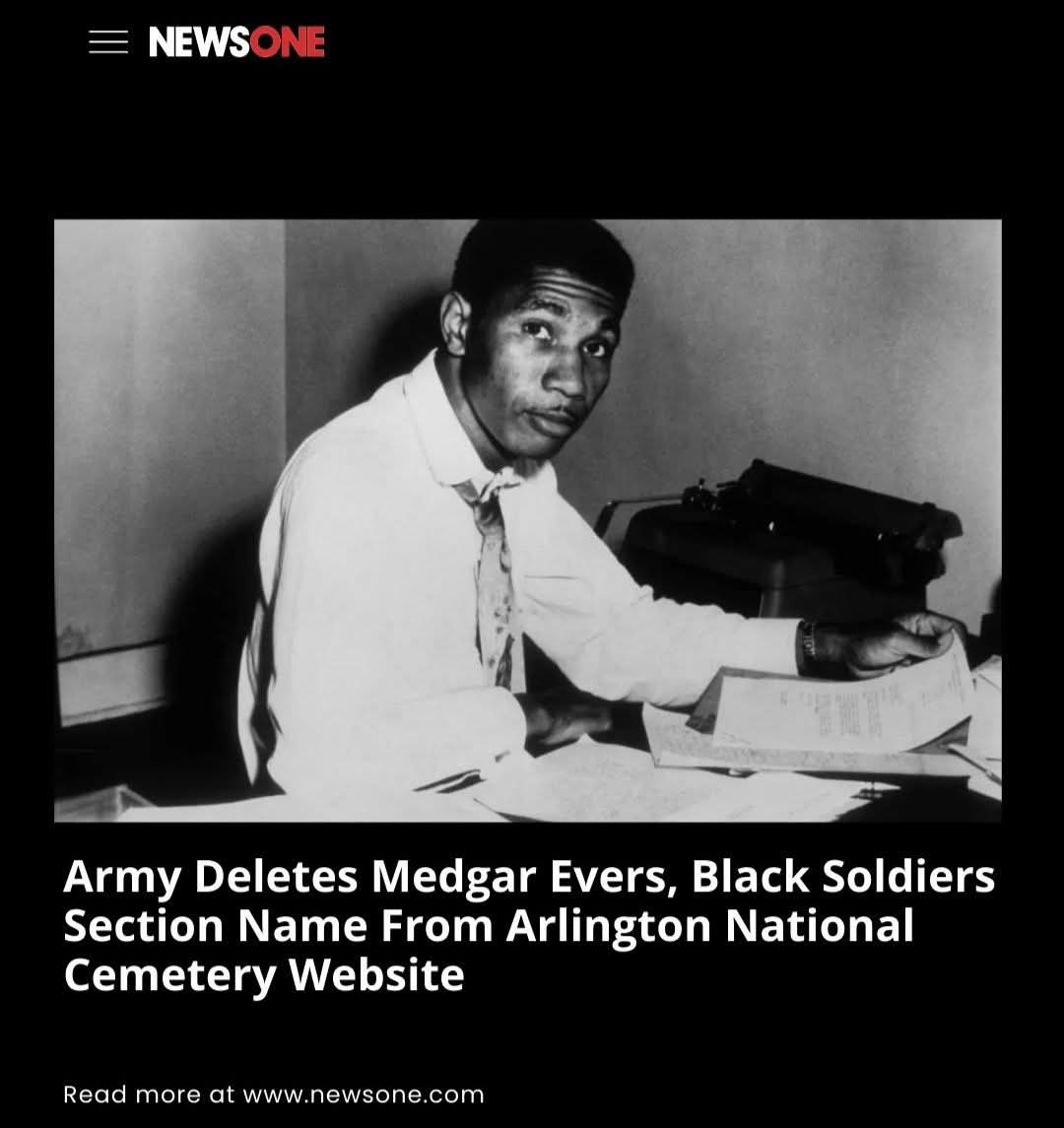
Leave a Reply